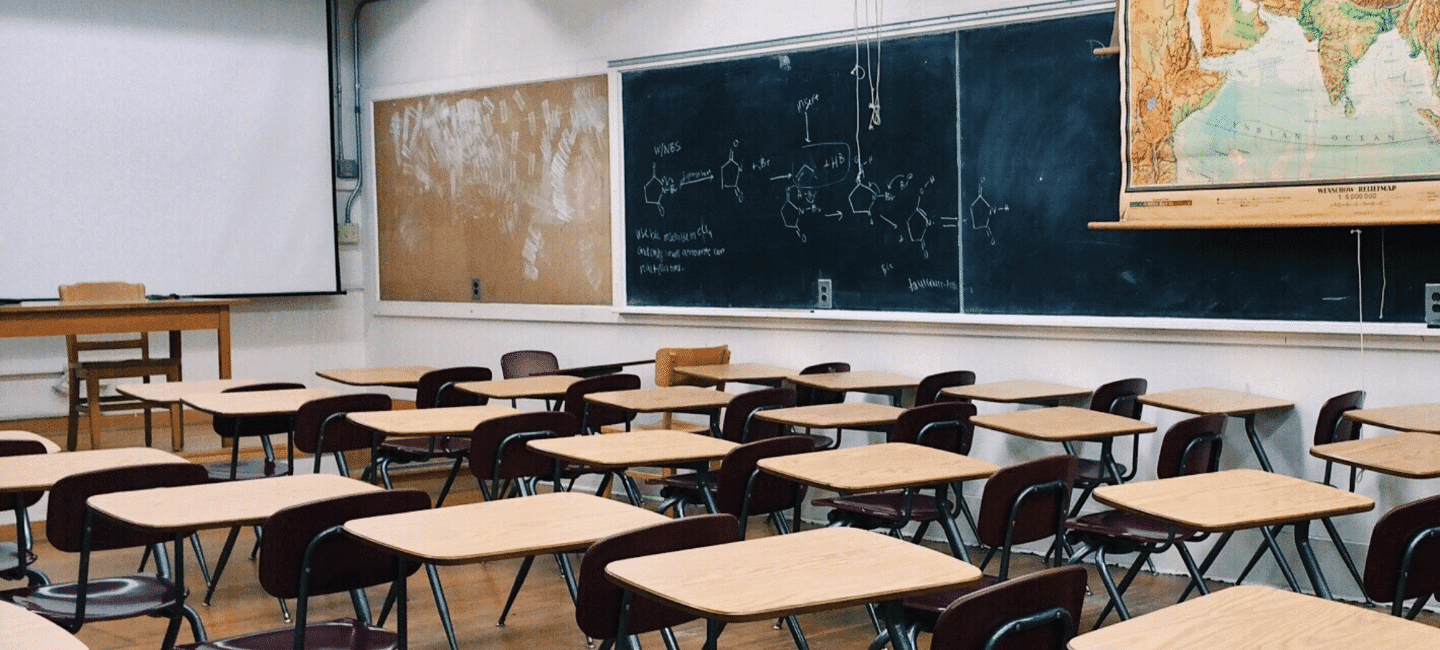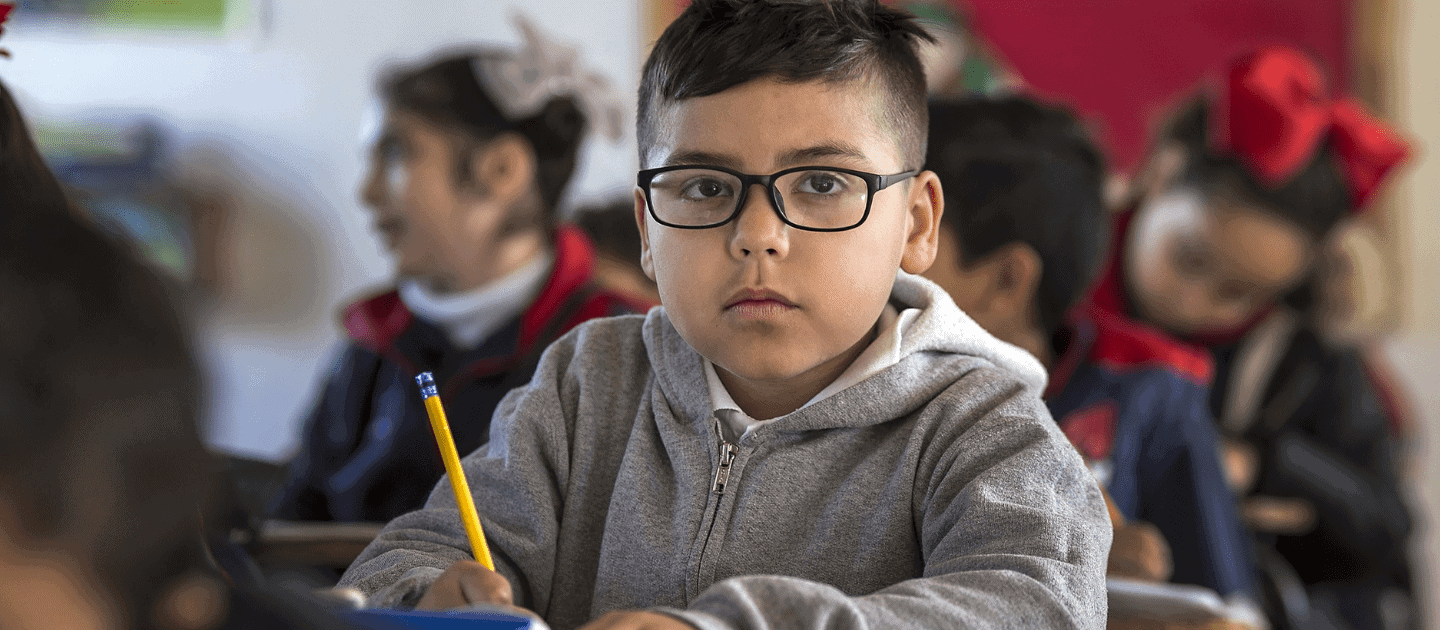Promoting Inclusion and Equity in Education

Inclusion, Law and Policy The reason for the study is to explore how education systems can become more inclusive and equitable by drawing on international experiences. The study examines the challenges faced by schools in including all learners, particularly marginalized groups, and highlights the policy and practice shifts needed to address these issues. It aims […]
The Effect of Learning-Centered Leadership and Teacher Trust on Teacher Professional Learning

Law & Policy, Professional Learning, Cultural Context This study explored teacher professional learning in Turkey by investigating the effects of principal leadership and teacher trust on teacher professional learning. Most existing studies focus on either Anglo-Saxon countries, where schools have held a certain level of autonomy, or East Asian countries that have experienced significant decentralization […]
Preventing School Shootings

School shootings within the United States are an ongoing and national issue without current resolution. The authors seek to address prevention through the possibility of an interprofessional approach that includes school district administrators and parents, students, and community members.
Clear Roles for Transition Coordinators Benefit All Stakeholders

Though transition coordinators are critical in improving post-high school outcomes for students with disabilities, little is known about their roles and many schools are falling short of their transition responsibilities.
Supports and Services Available to Students with Emotional and Behavioral Disorders During the Pandemic: An Overview of American Schools

Students with emotional and behavioral disorders (EBD) face an increased risk of mental health issues and behavior-related disciplinary action, impacting their academic success.
How Principals Positively Affect the Schooling of Students with Autism Spectrum Conditions: A Swedish Approach

Leaders should know how inclusion is practiced in their setting and how students’ voices are heard to inform inclusive practices and personalize learning.
Evidence on the Long-Run Benefits of Special Education

As most education programs focus on short-run learning outcomes, special education (SE) helps prepare students for adult life goals.
Taking a Dive into Identifying Reading Disabilities

The process of identifying reading disabilities and the interpretation of data around the identification of reading disabilities can be inconsistent and conflicting, as they will depend on who is in charge of the process and their training. Since there is considerable variation in the process of identifying reading disabilities, learning support teachers need to not only use current evidence-based and comprehensive assessments to identify and diagnose reading disabilities in a timely manner, but they also need to administer the appropriate interventions for learners to achieve educational success.
How to fix the research-to-practice gap for students with autism in public schools

Effective teaching and learning for students with autism requires special education teachers to possess a secure understanding of evidence-based practices and how to implement them.
How Specific Are Learning Disabilities?

The current diagnostic system for learning disabilities is not accurate enough to allow for all children to receive support when they are experiencing challenges in academic skills across the curriculum.
